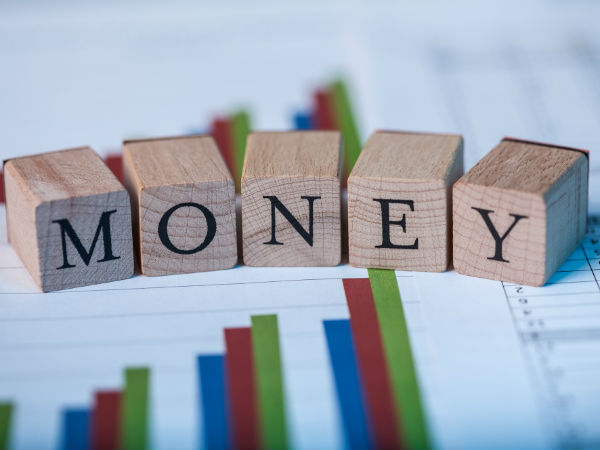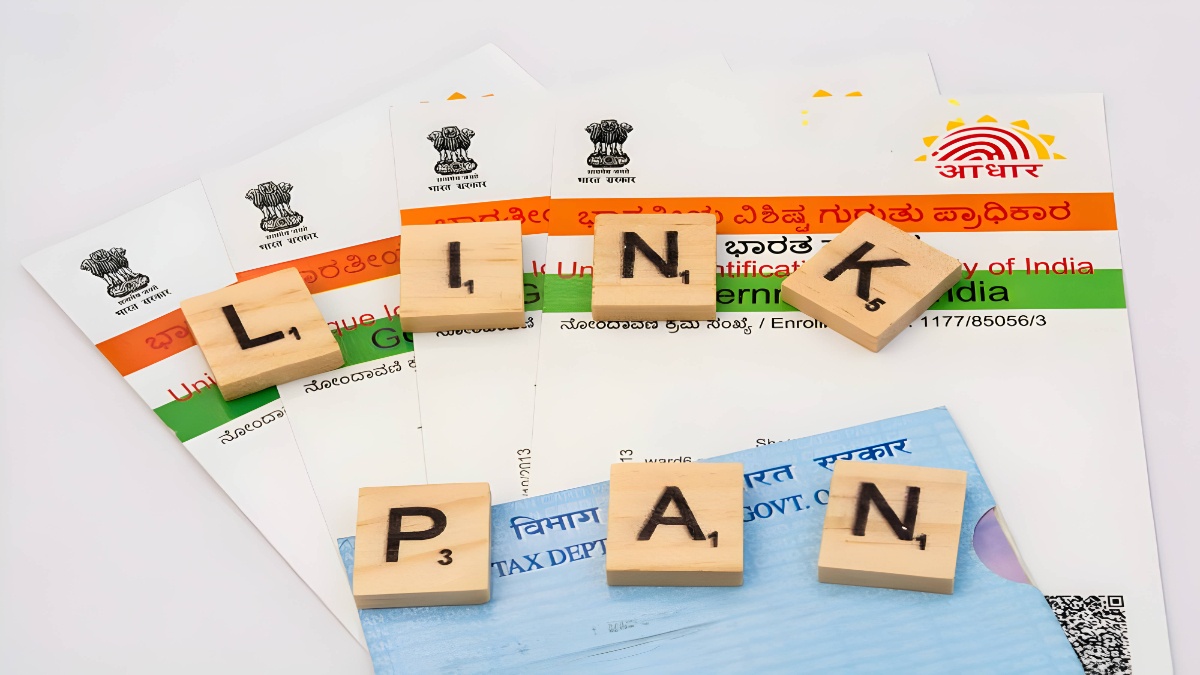How Share BuyBack Works In India ?
Buy-Back occurs when a company pays shareholder a value per-share and re-absorbs that portion of ownership that was previously distributed among various investors.
Company conducts buy-back of its shares from existing shareholders, usually at a premium to the market price.
Buy-Back is Conducted in India via 2 main routes namely Tender Route and Open Market Route
1. Tender Route
Both promoters and public shareholders can offer their shares in a tender buyback. Number of shares and Price of Buy-Back are both fixed.

2. Open-Market Route
Only public shareholders can take part under open-market route. Number of shares and Maximum ceiling price are prescribed. But company is allowed to buy lower number of shares and also at a lower rate.
In open-market buyback, a company needs to appoint a merchant banker. While making public announcement, it should be made at least 7 days prior to commencement of buy back. A copy of the announcement needs to be filed with SEBI along-with prescribed fee within 2 days of such announcement.
Other rules are - during buy-back programme bonus shares are not allowed, payments needs to be made through cash or cheque, once announcement made the offer would not be withdrawn, shares which are locked-in cannot be repurchased.
Details like number of shares bought, price, total amount invested in buy back, details of shareholders from whom more than 1% of the total shares were bought and the consequent change in the capital structure needs to be disclosed.
Reasons for Stock Buy Back
“Stock buybacks” are carried out by companies which are financially strong and have a large sum of money on their reserves in the balance sheet and that the current market price is not reflective of their real worth.
Share buybacks are designed to increase shareholder value by taking shares off the market and reduces the number of outstanding shares (supply) leaving demand to drive the price up.
Share buyback reduce the threat of takeover by owning its own stock, the company reduces the chance that an aggressive investor can accumulate enough stock to get a controlling share of the company.
Buying back stock can also be an easy way to make a business look more attractive to investors. By reducing the number of outstanding shares, a company's earnings per share (EPS) ratio is automatically increased. Also, short-term investors often look to make quick money by investing in a company leading up to a scheduled buyback. The rapid influx of investors artificially inflates the stock's valuation and boosts the company's price to earnings ratio (P/E). share buybacks can lead to a rush of investors buying the stock.
During times of rapid growing demand, companies are more inclined to invest in their own business. When companies are less confident of economic conditions, they choose the conservative route of share buybacks, which is a more certain way of pleasing shareholders.































